Erin Eisen’s Advanced Placement government classes arrived in downtown Phoenix on Thursday to observe a three-judge panel of the Arizona Court of Appeals to hear oral arguments in a workers’ compensation case and a marital counseling dispute.
Before this trip, four clerks from the Court of Appeals came to Verrado to introduce the students to these cases and discuss how the Court of Appeals works.
The court began hearing arguments in a case brought against the Industrial Commission of Arizona, which oversees workplace safety, by a registered nurse of two weeks who contested the amount she received in workers’ compensation. The nurse, Sheila Douglas, named her employer and its insurer in the lawsuit.
Trevor Hansen, a lawyer for Safety National Casualty Corporation, said that the Industrial Commission was justified in including Douglas’s tenure as a medical student because she could have been considered a “seasonal employee.”
Judge Paul J. McMurdie appeared unconvinced.
“Let’s impose a seasonal rationale on somebody who was not seasonal,” Judge McMurdie said. “That’s not how it works.”
The court also heard a second argument before conferencing, about a rabbi who had an affair with a woman while offering counseling to her husband.
Courts have long held that religious practices are immune from court review in a legal doctrine known as “ecclesiastical abstention.” However, the doctrine does not cover secular affairs.
At the end of the second oral argument, all three lawyers from the rabbi’s case agreed to sit down and answer any questions the students had regarding the cases themselves or the law in general.
Dezii Peltz, one of the students who went on the trip asked “What do you do when picking your cases?”
The three lawyers all answered in various different ways, such as explaining how often as defendant lawyers they don’t get to choose who they are defending.
Peltz, when asked why she chose to ask this, explained “I asked this because I wanted to know if there were any requirements for a case to be picked and the thought process behind how certain cases ended up.”
Another question they would be asked was “How do you not take [these cases] personally?” Each lawyer’s answer to this was varied compared to the others.
The plaintiff lawyer in the rabbi case, who specializes in medical malpractice, would say that she always brings her work home and that she will more often than not invest her own emotion into each case.
One of the defendant lawyers on the Rabbi case, who’s specialized in defending insurance companies and other businesses, would say that she almost never gets emotionally involved in court cases. Instead, she worries more about perfecting her own craft and technique, rather than getting into the emotions behind all of her cases.
Another one of the defendant lawyers on the Rabbi case, who’d specialize similarly in defending companies, would
Eisen explained, “I wanted to expose students to a level of courts that we don’t get to see too often.” She later added, “I hope students have seen that what is being taught in school isn’t just something from academia.”
Each lawyer gave students an opportunity to peer into their work lives and get a first-person perspective on what a court case can look like.
This gave students a much more real understanding of the things they are currently learning in their government class.
Peltz added “It was fun. It was definitely informative and something you wouldn’t normally experience.

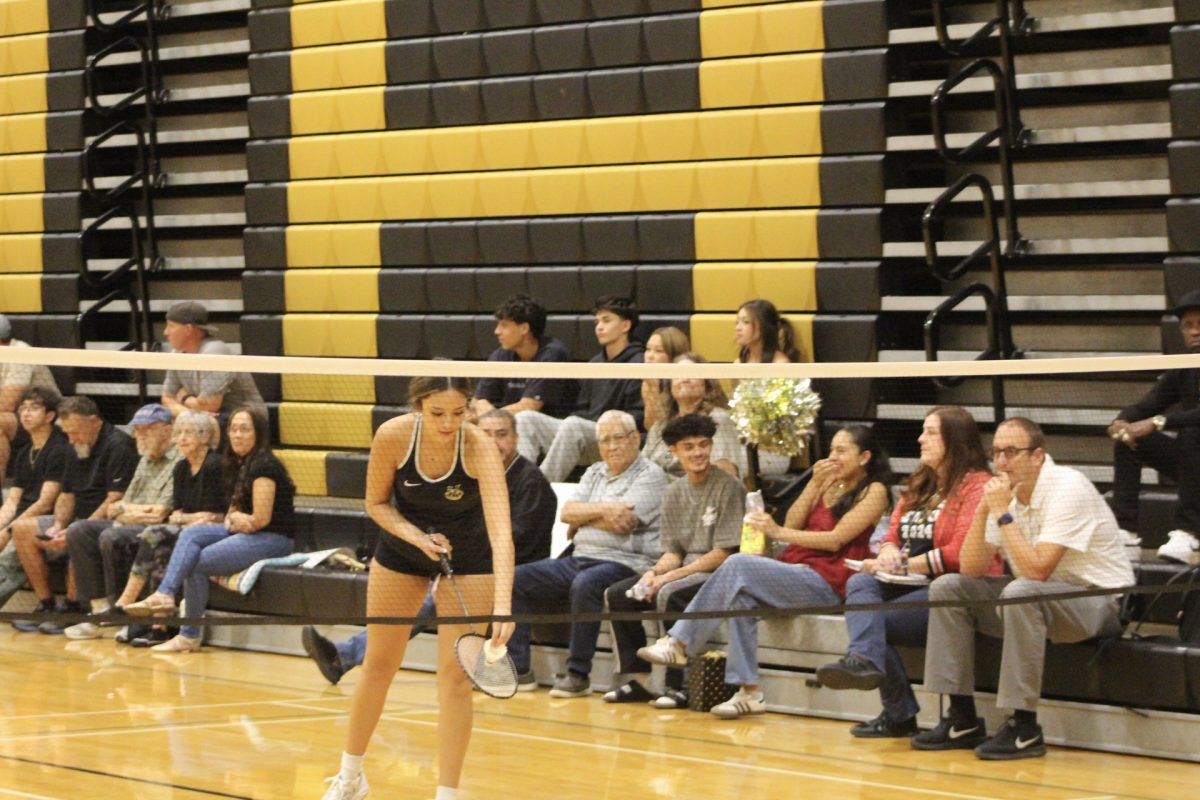
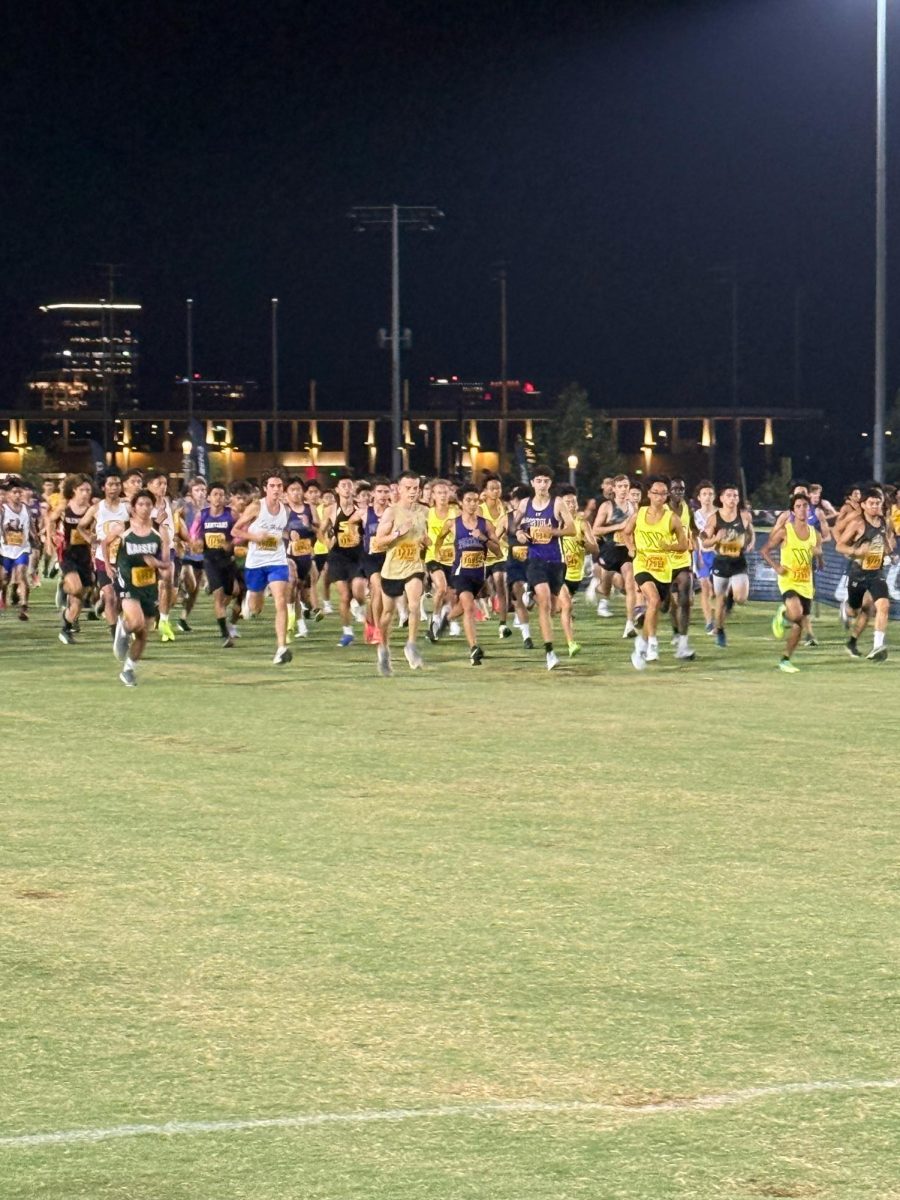
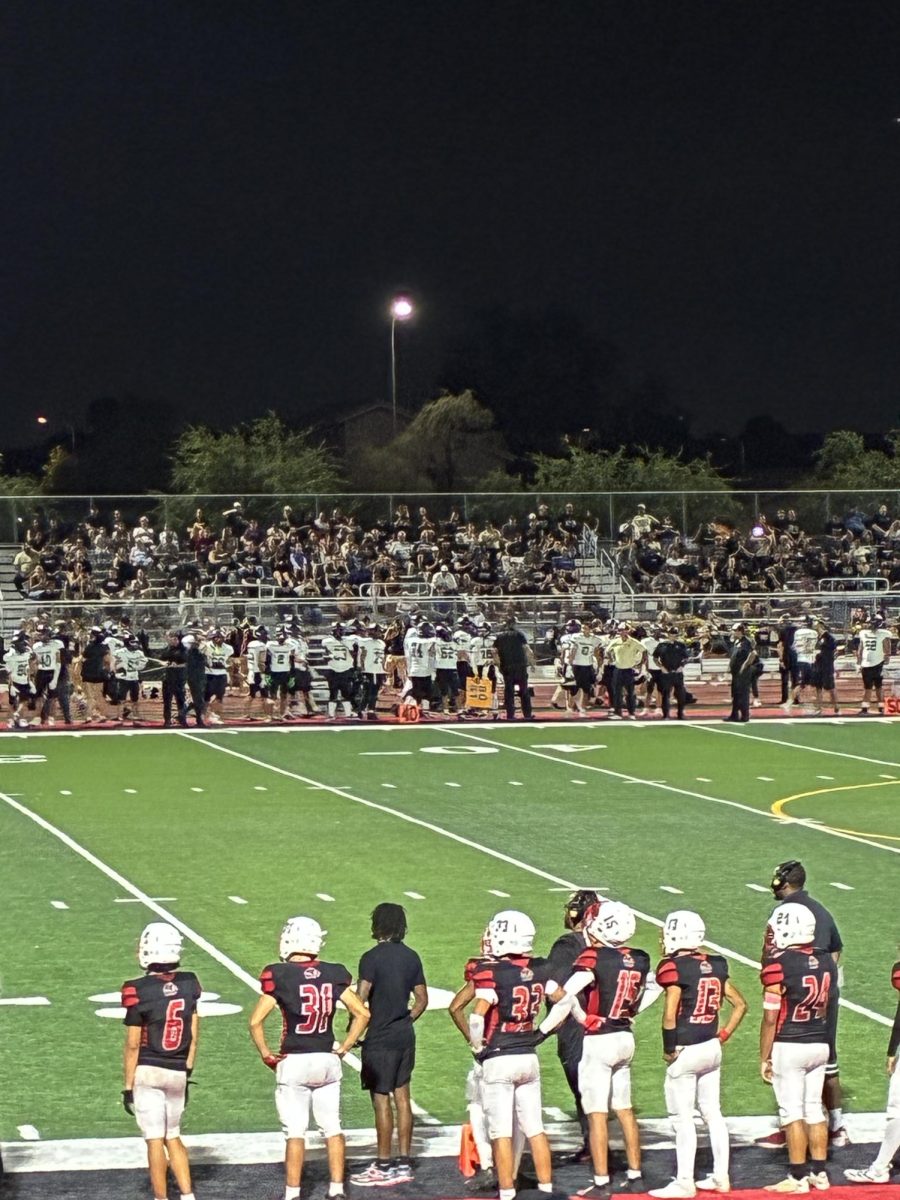
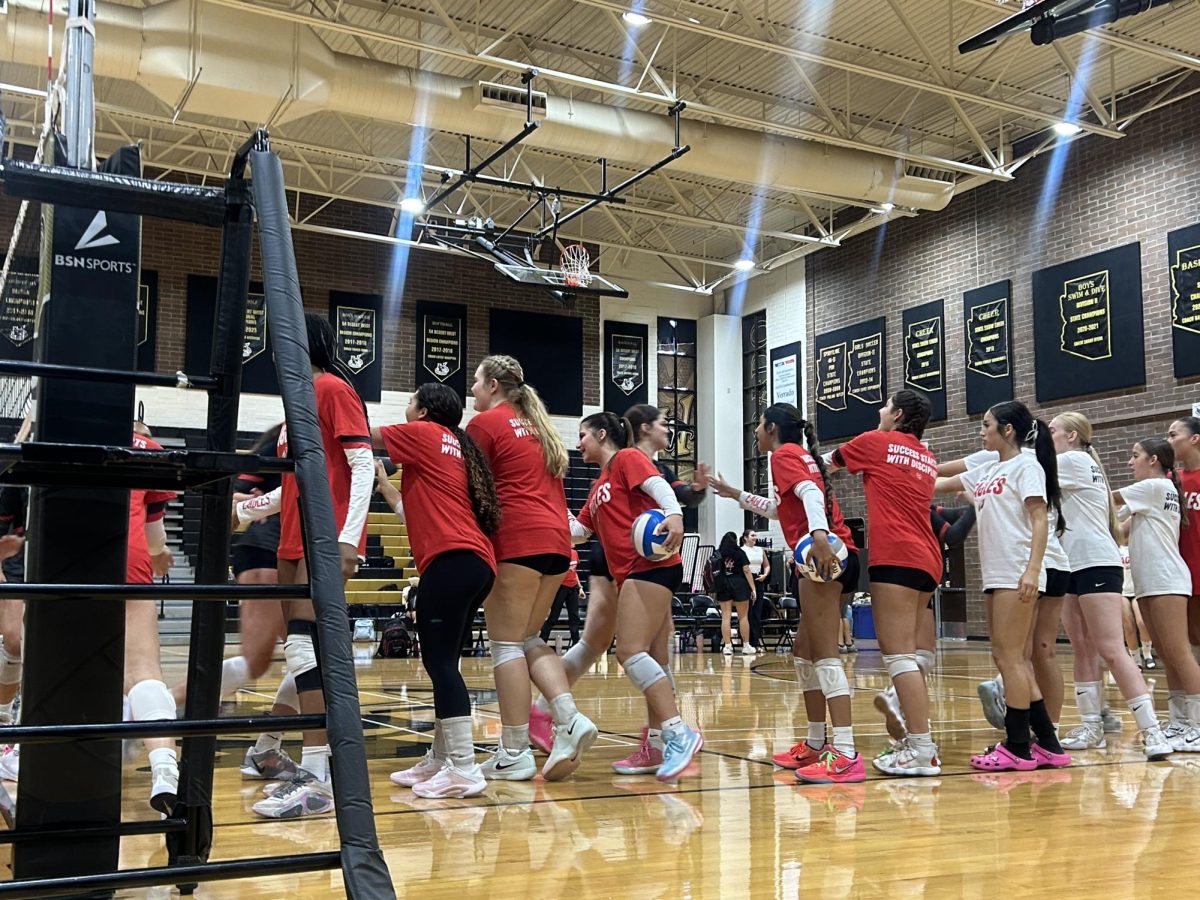
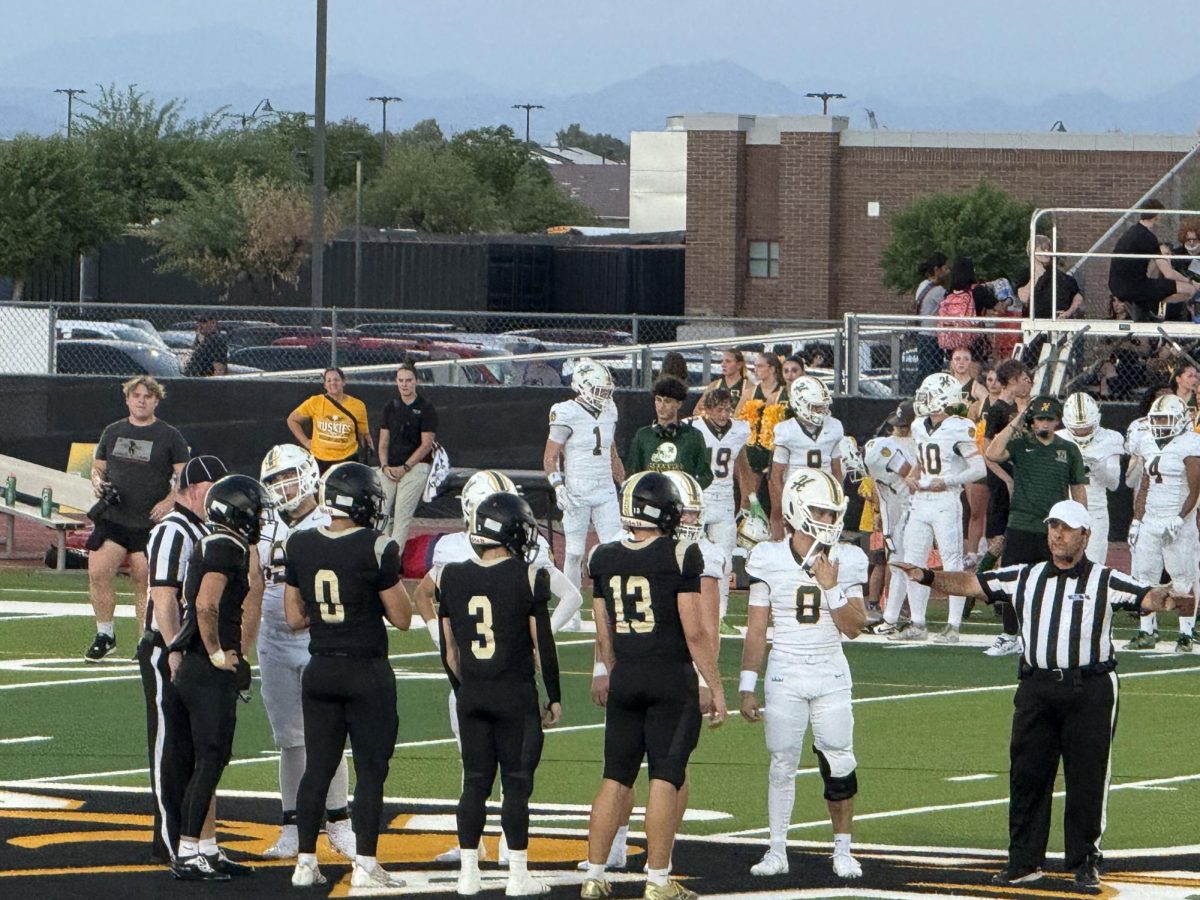






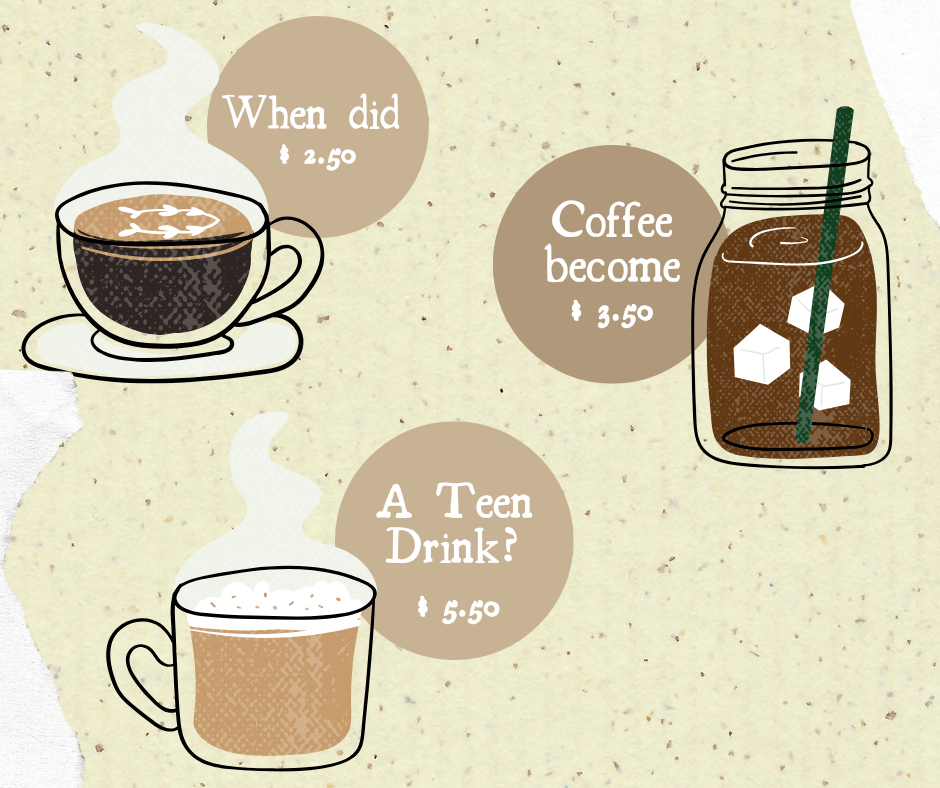
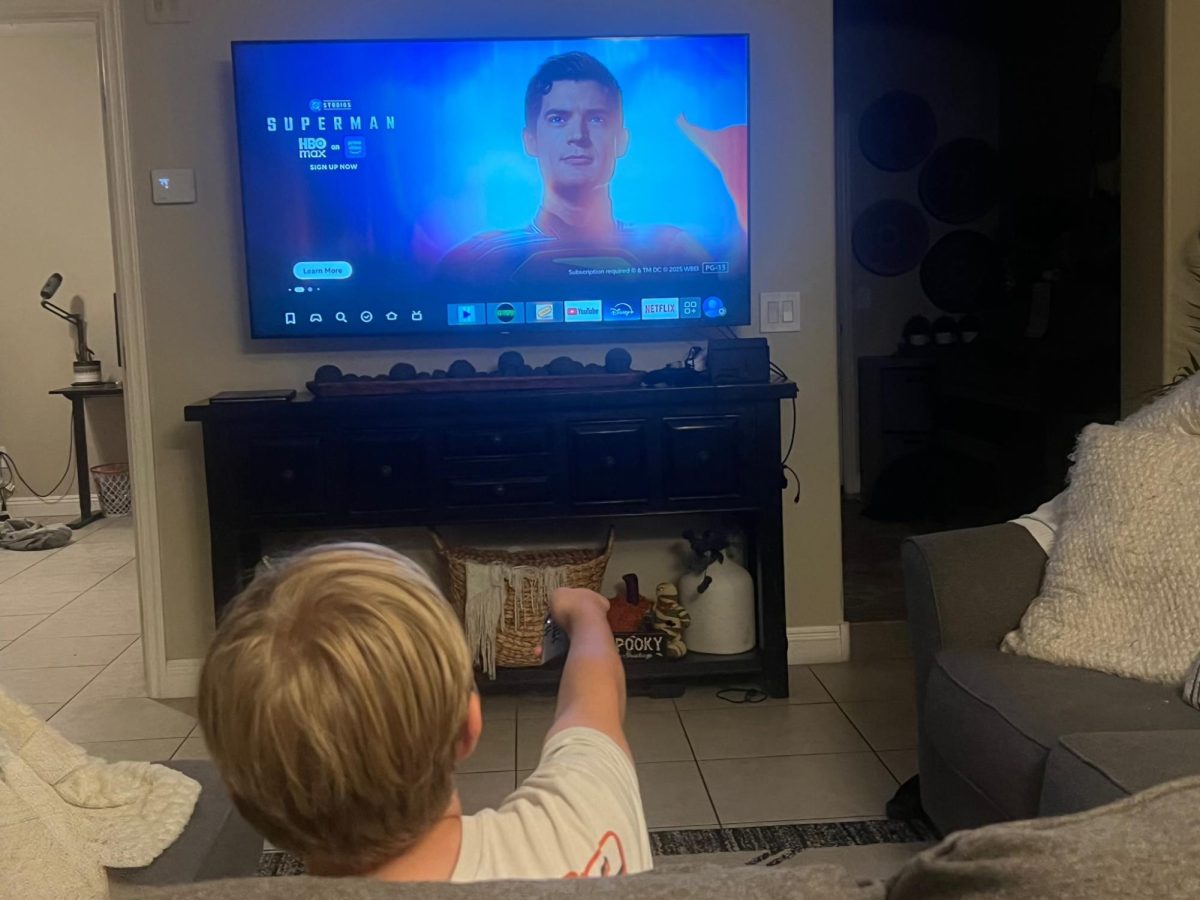



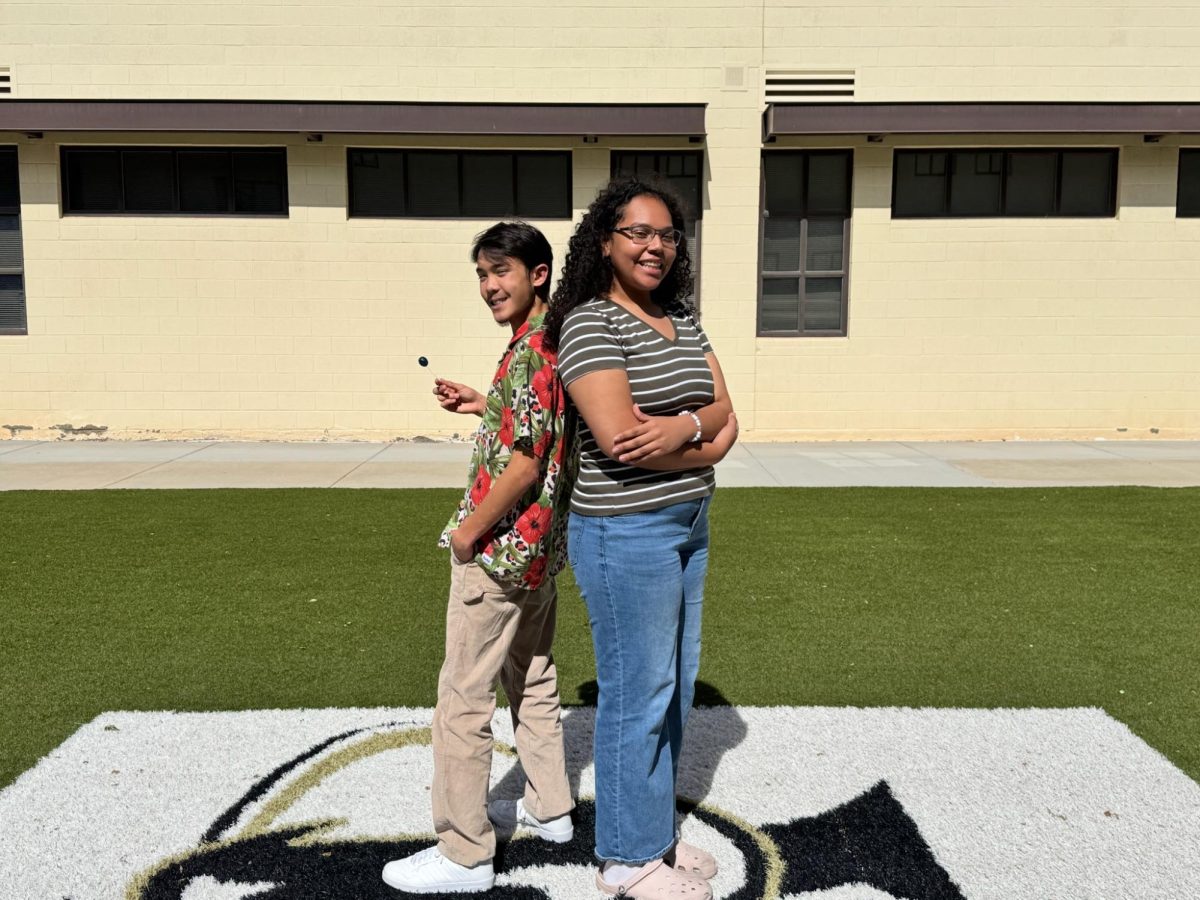
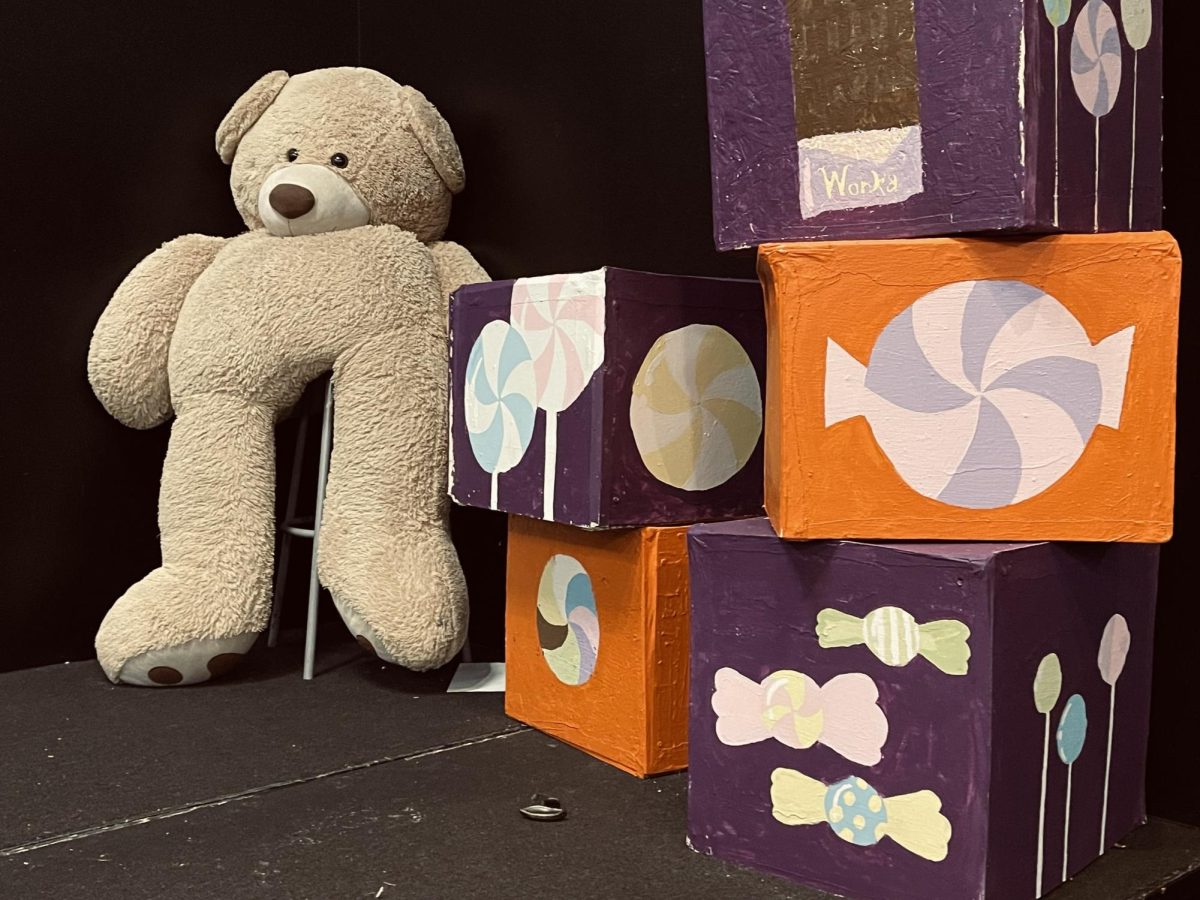
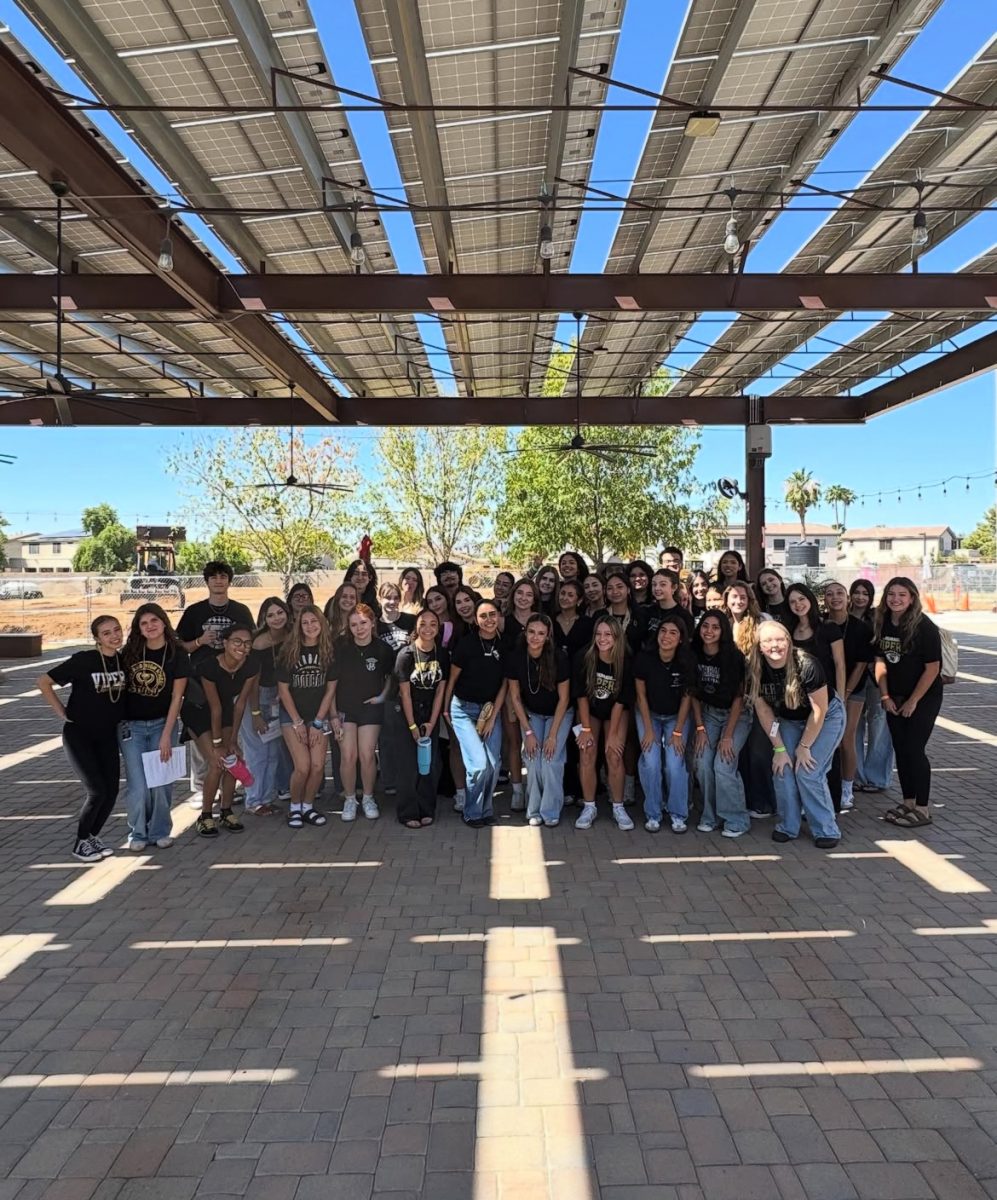
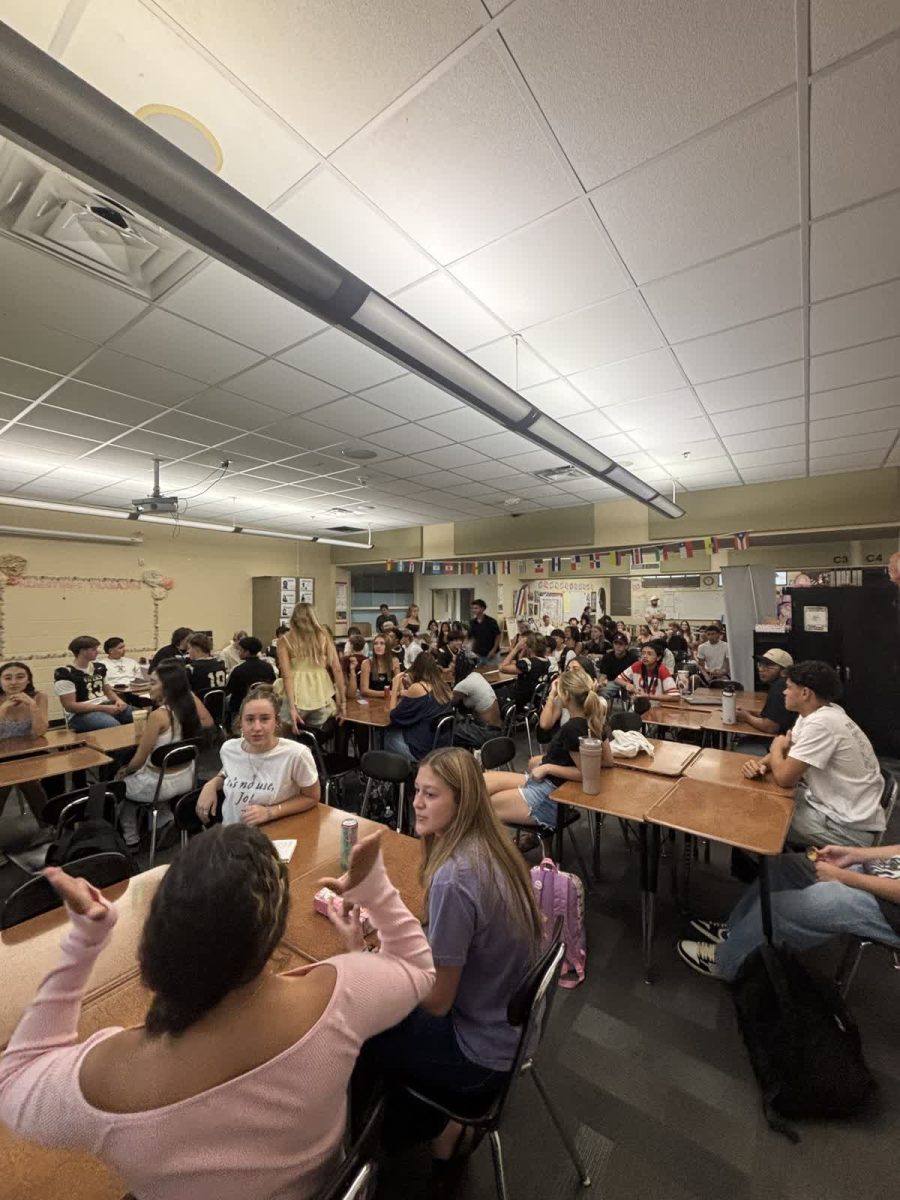


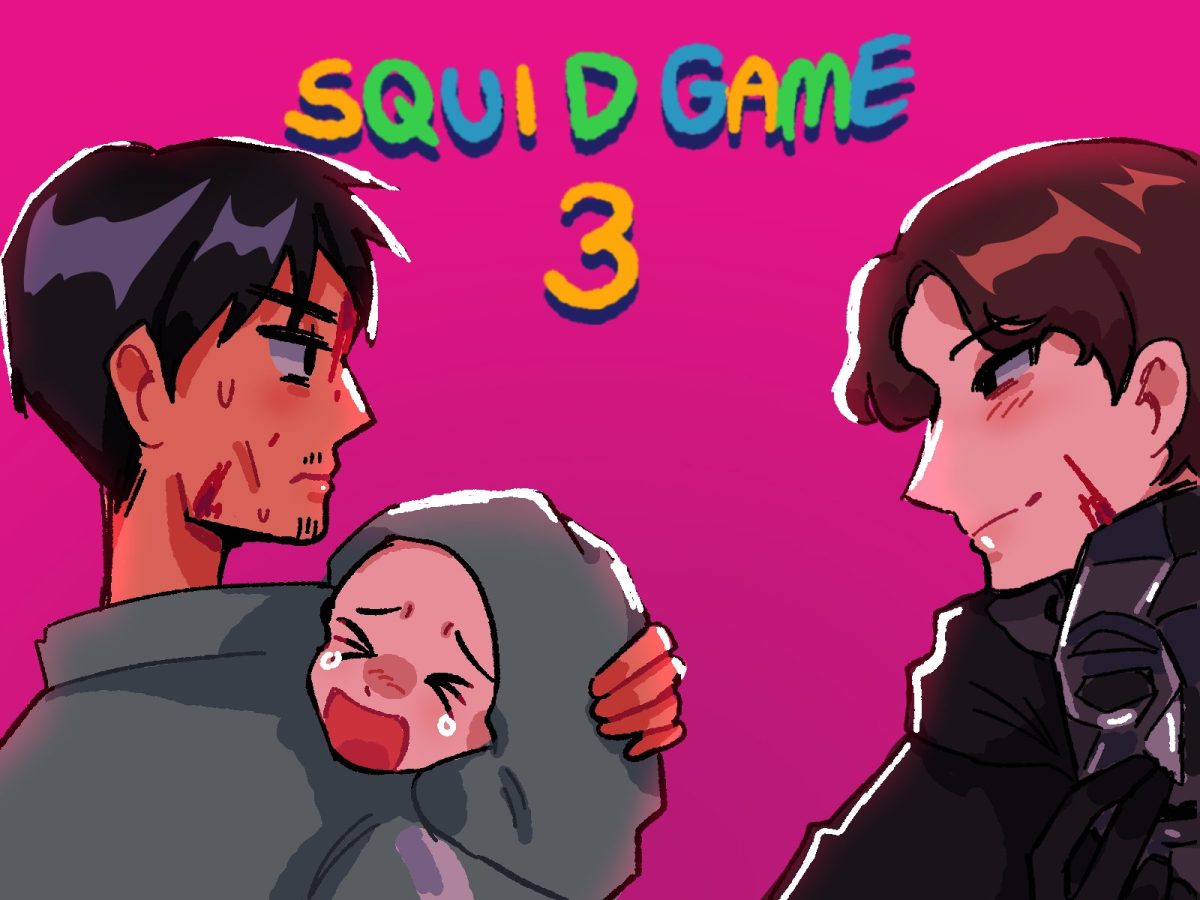
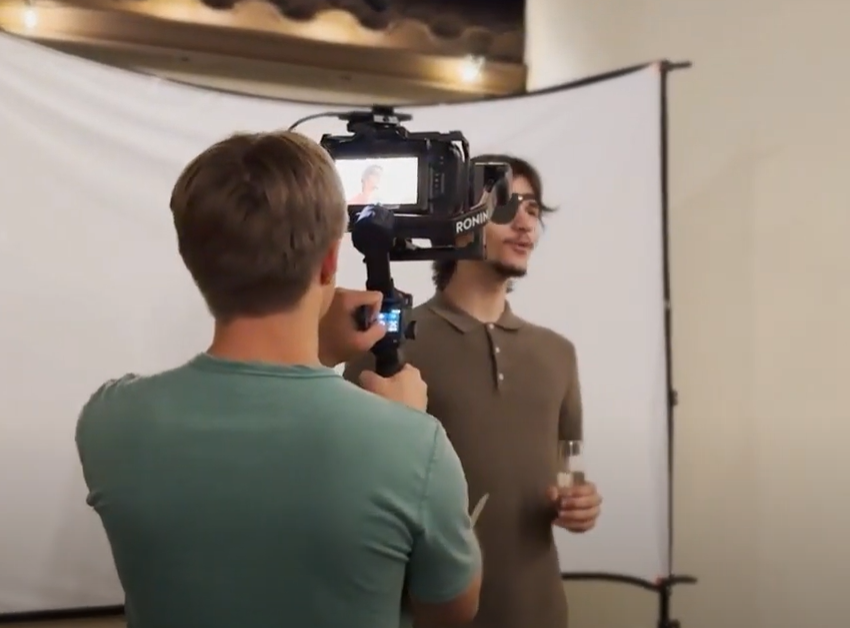


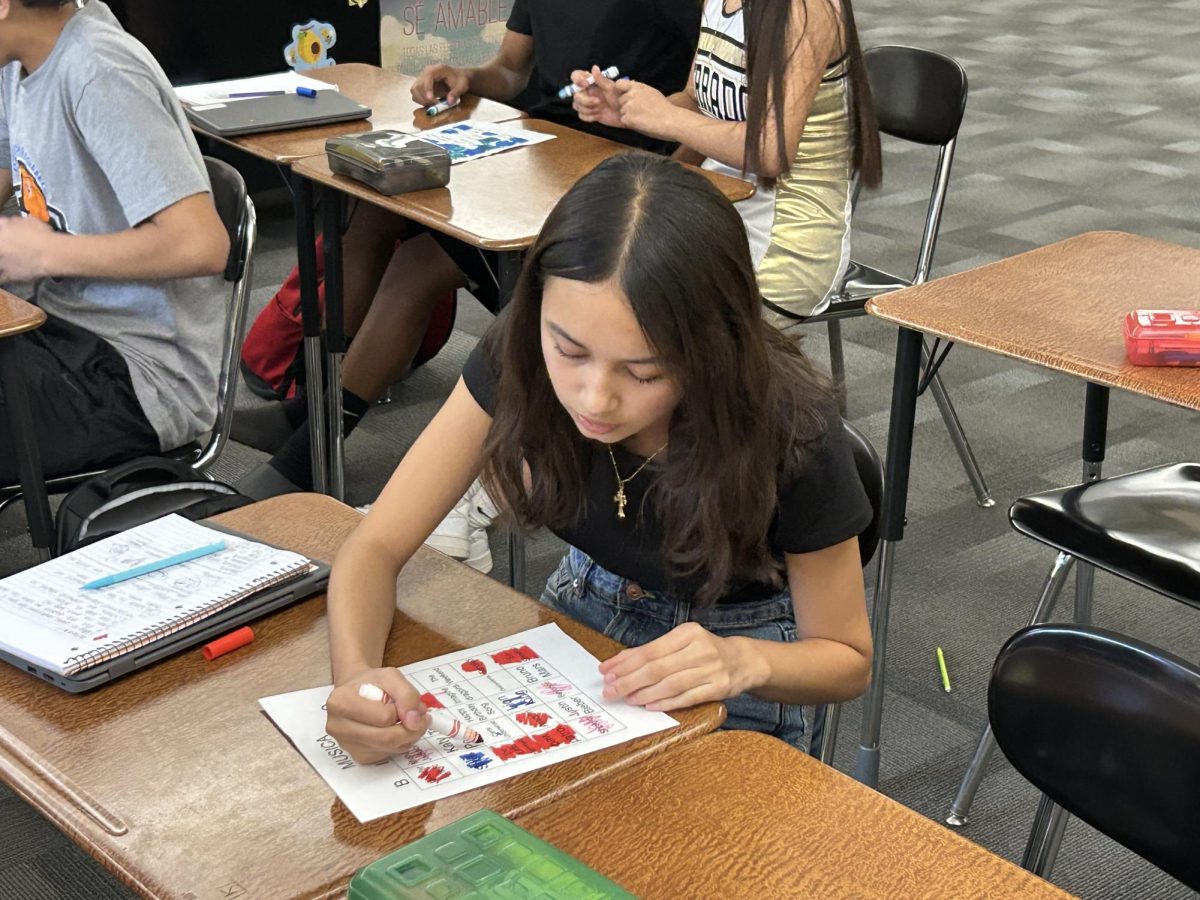
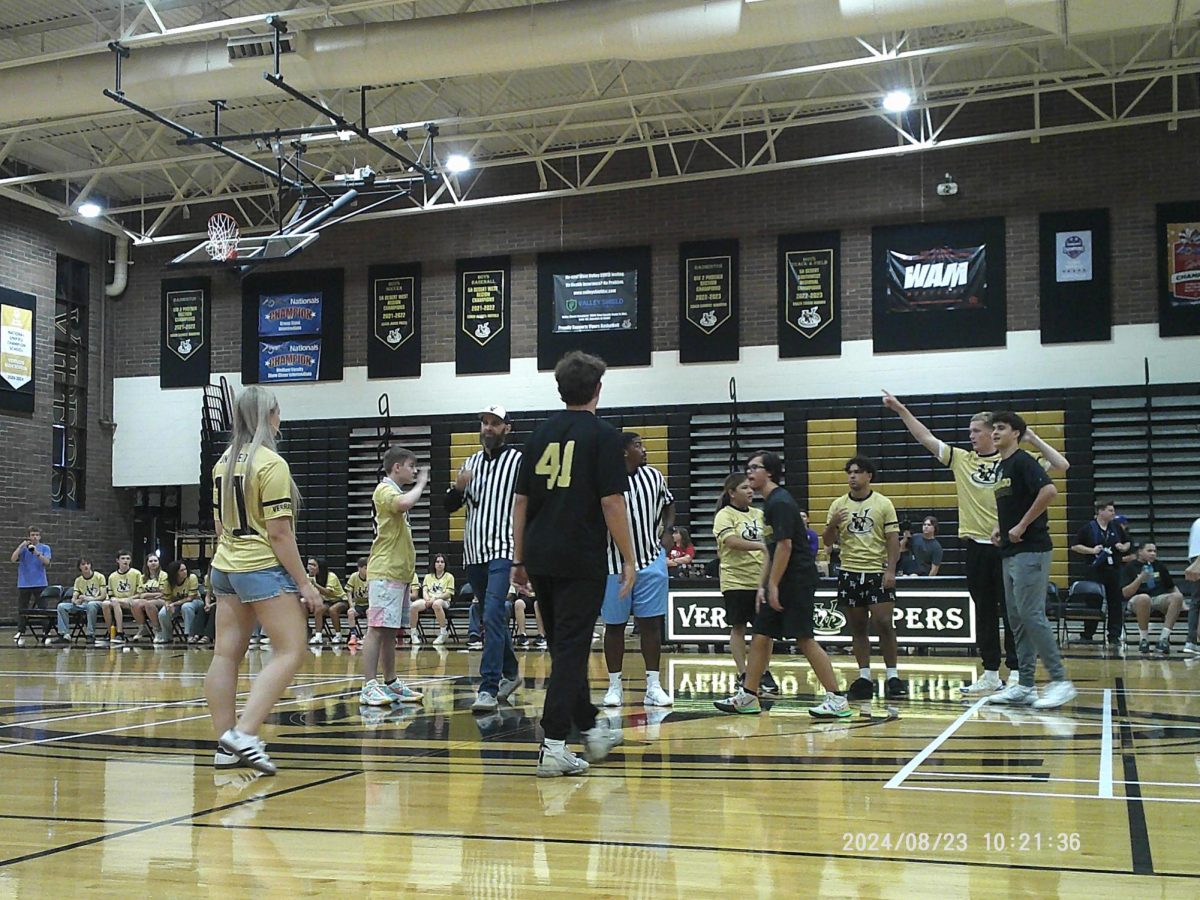
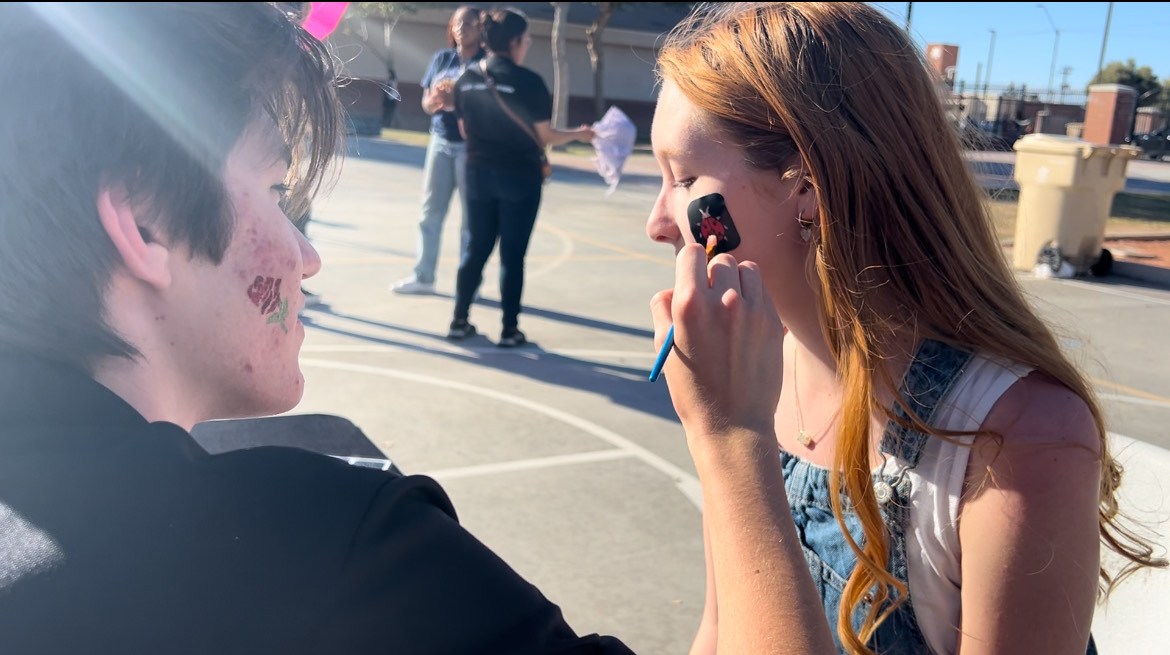
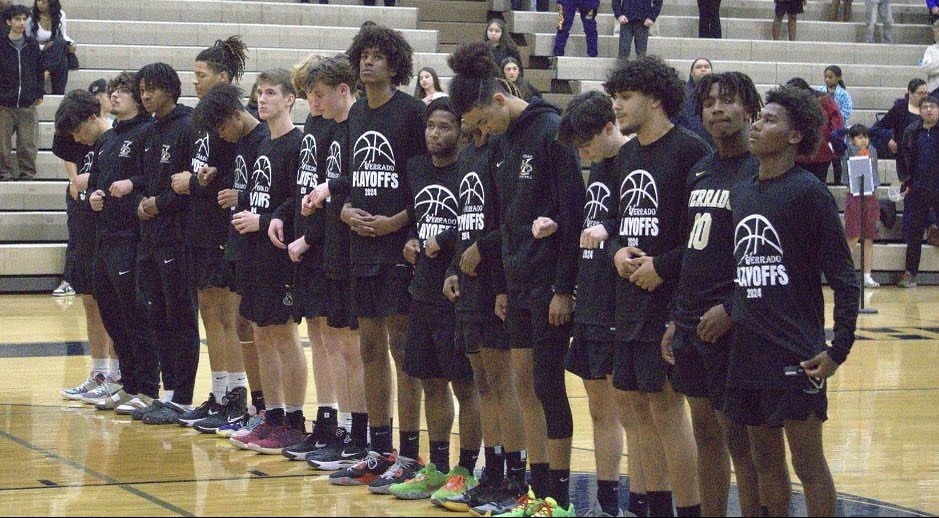
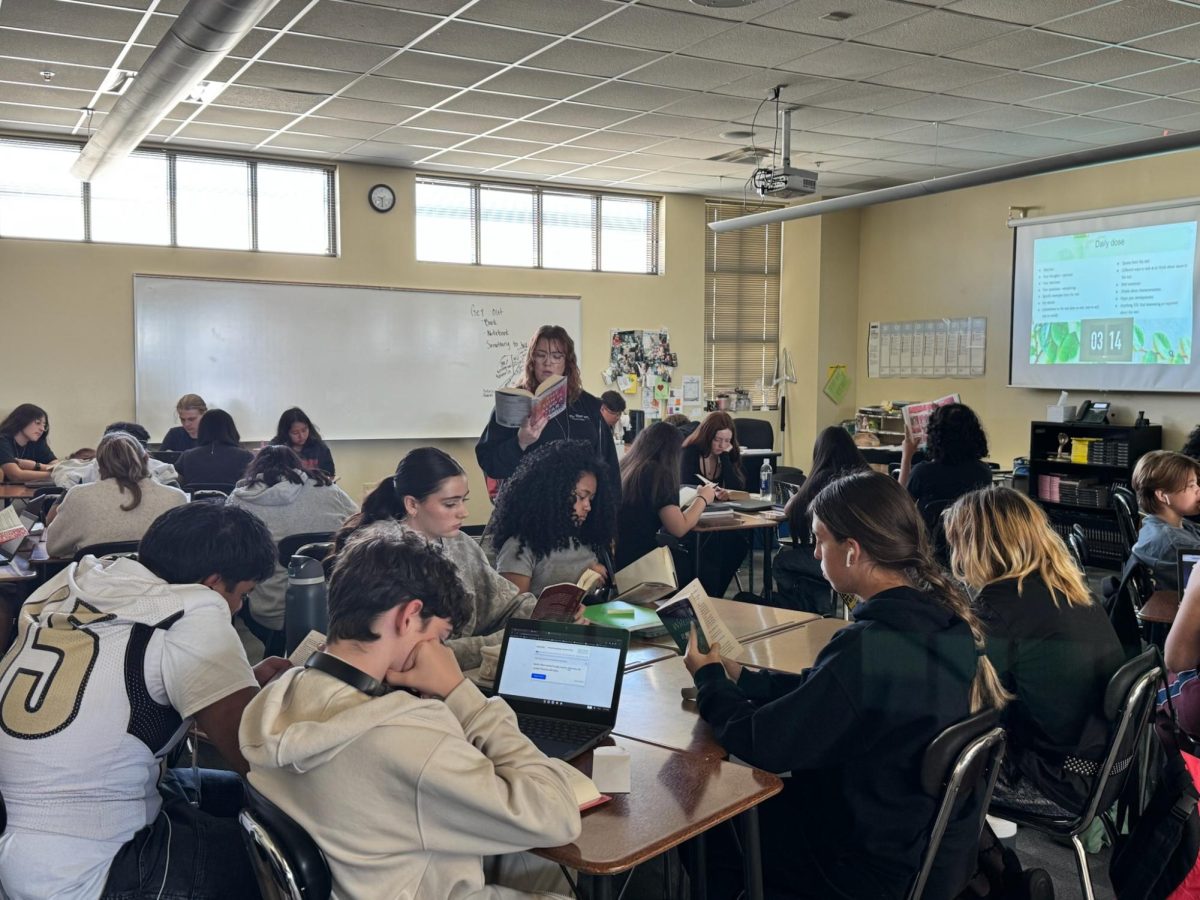
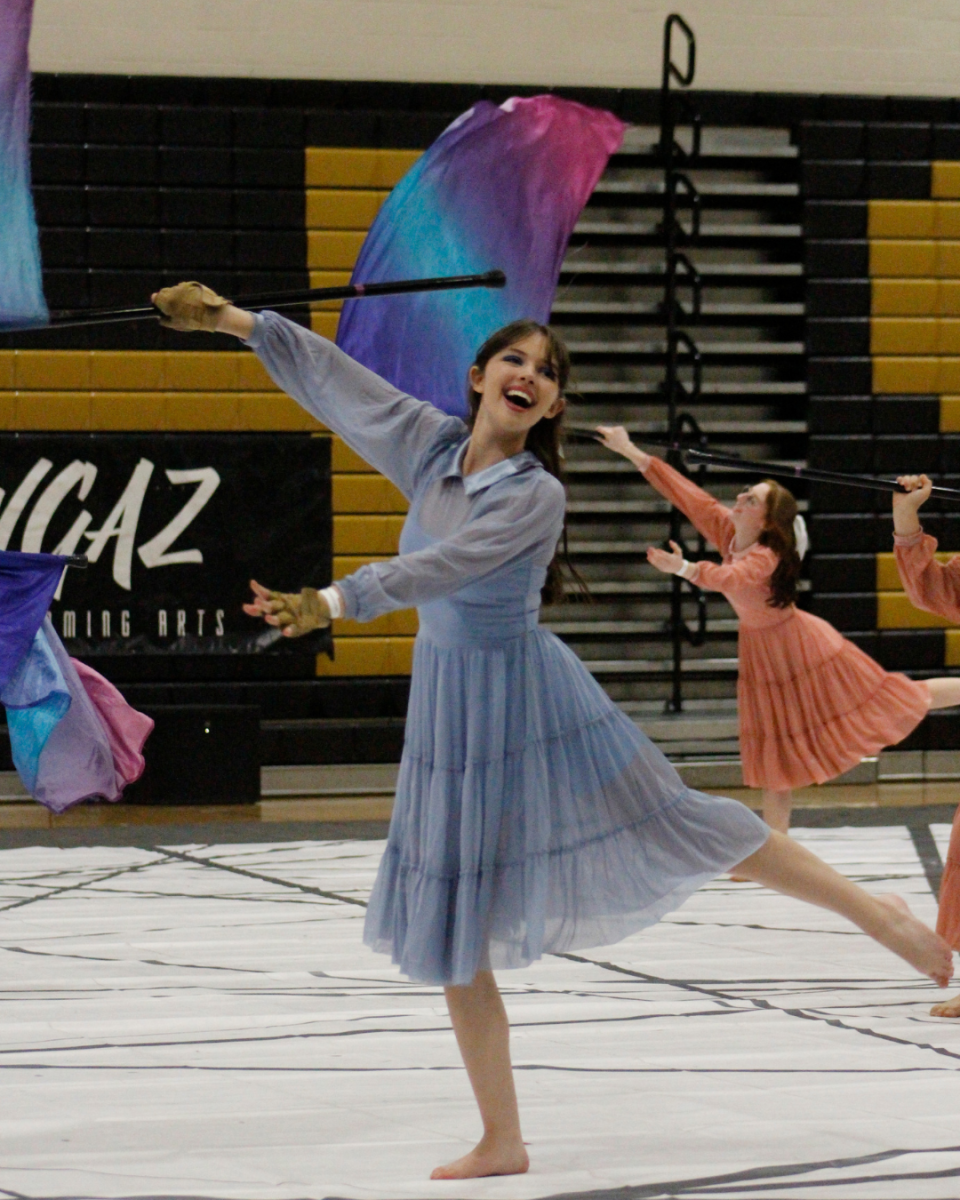
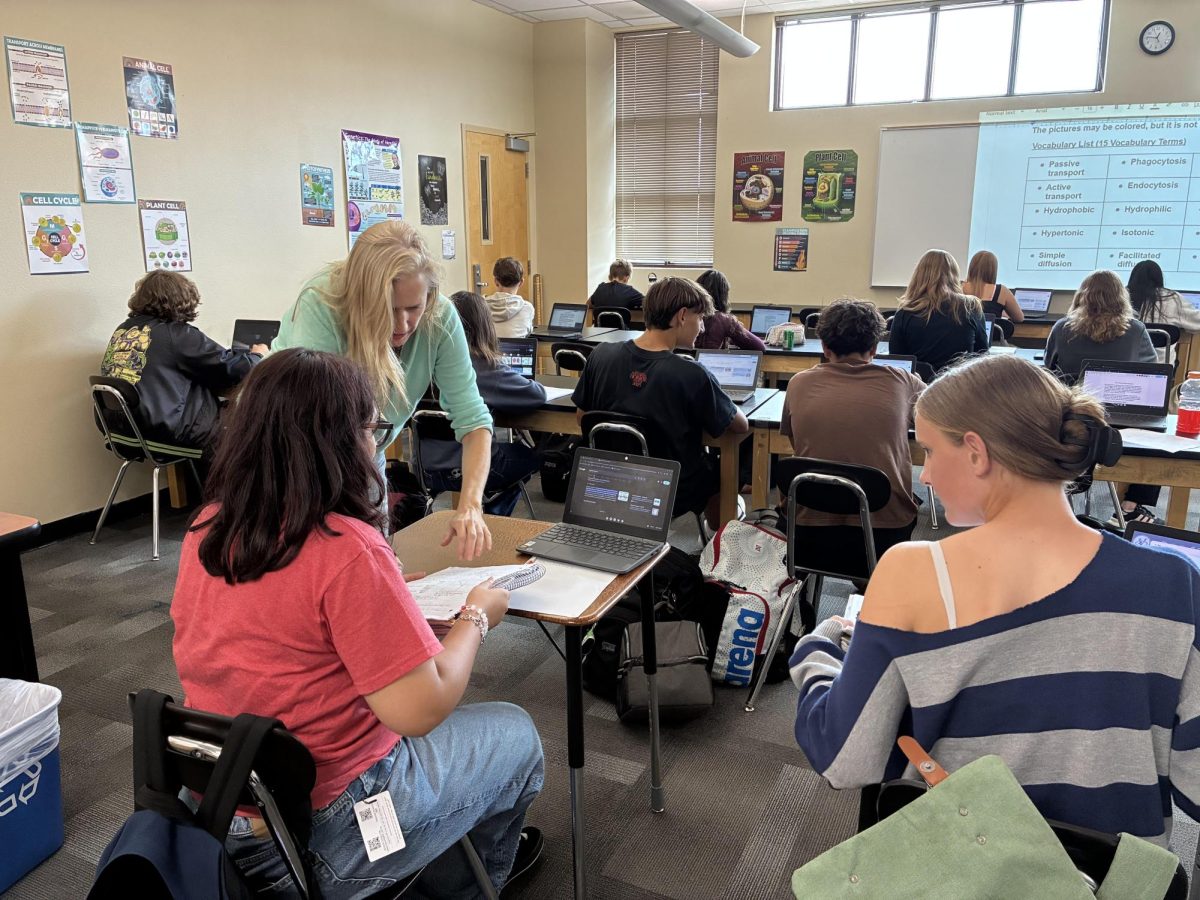
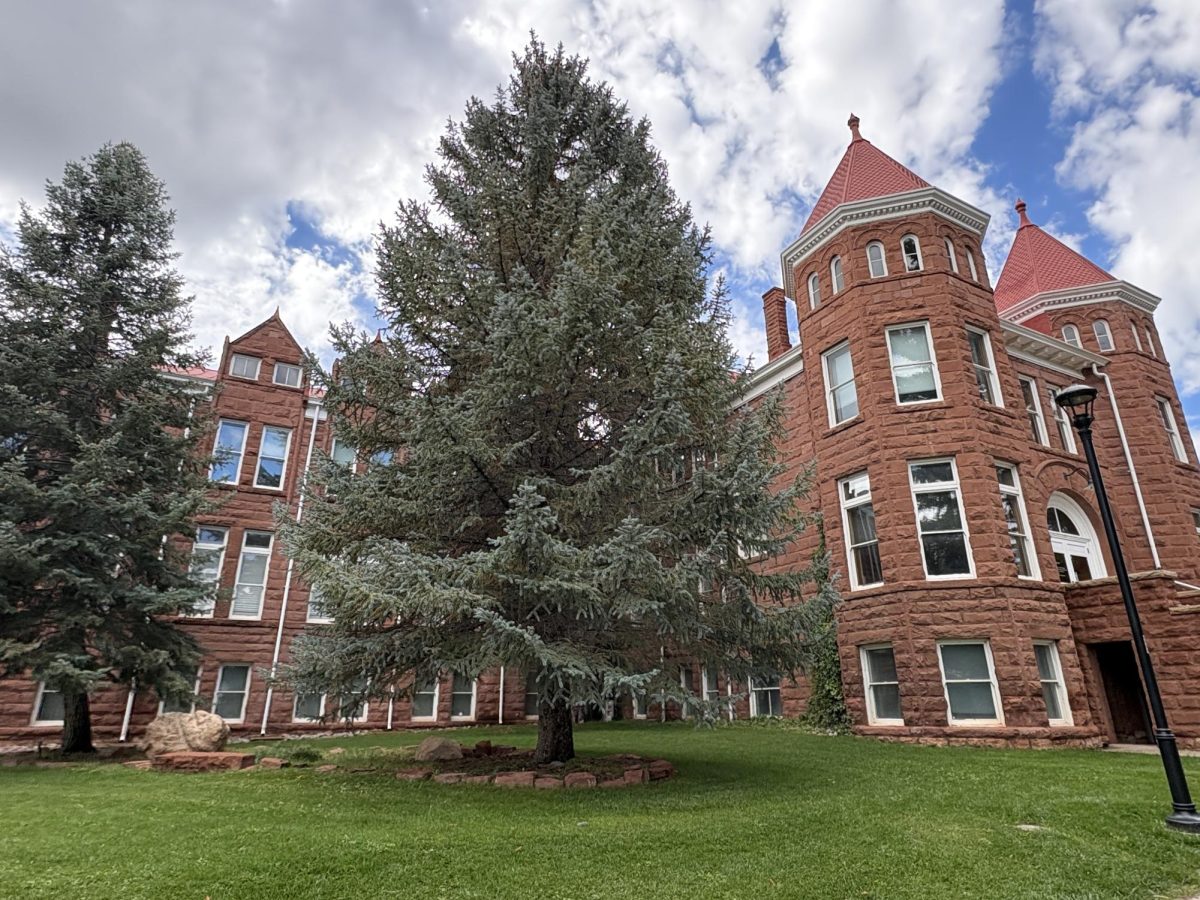


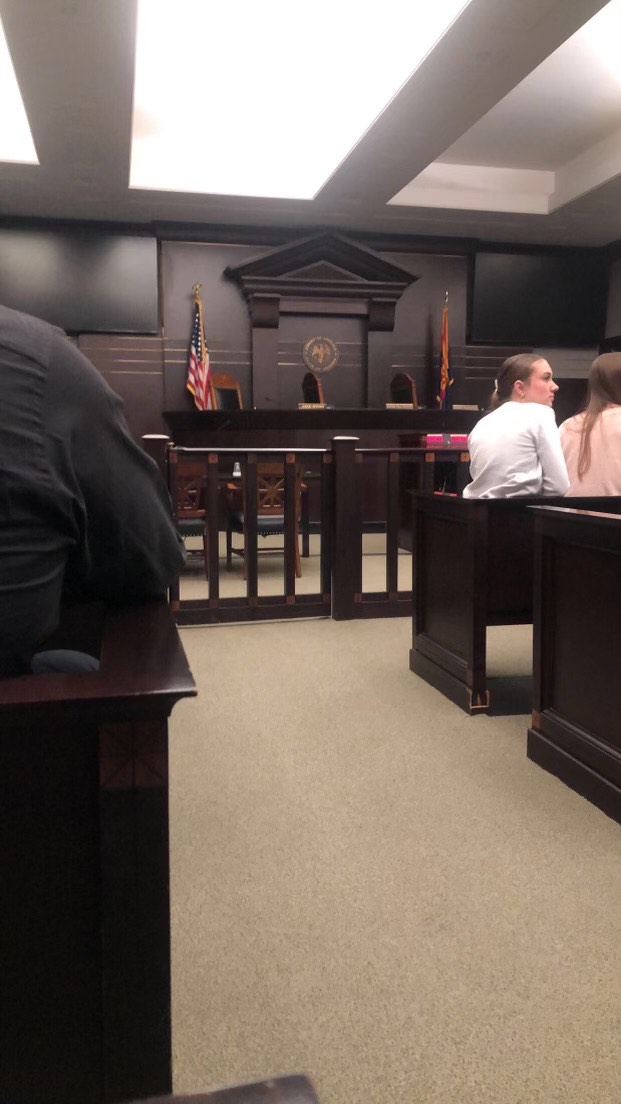
Stella Taylor • Feb 28, 2025 at 9:40 AM
This is a great opportunity for our student to go sit in and see what it is like it be in a court room. It’s great that the clerks came down to the school and gave a little introduction for what our students might see when they are on this trip. This is a really good opportunity because it is showing our vipers what they can do in a couple years. Its also great that the students got to ask some questions first hand.